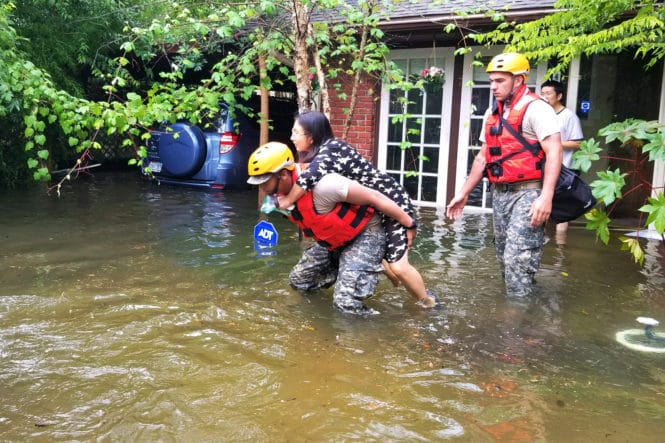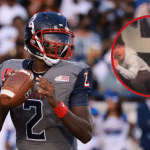The Atlantic hurricane season begins June 1st and now is the time to get ready.

Insurance Commissioner Mike Chaney says, “This year we must take extra precautions because of coronavirus (COVID-19). Consider additional supplies you may need to protect yourself and your family. Purchase Personal Protection Equipment (PPE) like masks, hand sanitizer, and disinfectants and add them to your “Go Bag” in case you must evacuate because of a storm.”
Go Bag contents should also include the following:
-
- Cash: If the power goes out, credit cards won’t work. Keep cash on hand for replenishing supplies.
- Medications: Pharmacies might be closed, and hospitals could be overwhelmed. It is imperative that you pack any necessary medications and assume you may not have access to refills for several days.
- A battery-powered radio: If electricity is out and cell towers are down, this is the best way to know what’s happening.
- A gallon of water for every family member and pet: Widespread power outages could make tap water unsafe to drink.
- Important documents: Social Security cards, passports, birth certificates, driver’s licenses and more could all be lost or destroyed in a flood, wildfire, or any natural disaster. Keep copies of these documents in a waterproof container or digital image saved online. Include a copy of your insurance policies so you can quickly file a claim once the danger has passed.
“As we continue to social distance because of COVID-19, consider where you would go if you had to evacuate because of a storm,” said Chaney. “Mississippi storm shelters are practicing social distancing. Find out where you could safely go, what you would need to bring with you, and create a communication plan with your family so everyone understands what to do.”

Chaney says, “Evacuations are more common than people realize. Become familiar with your community’s evacuation zones, so you will know exactly where to go. If a hurricane threatens your community and local officials say it’s time to evacuate, don’t hesitate, go early.”
Chaney also reminds you to review your insurance coverage and make sure you are familiar with your policies. If you have questions, contact your insurance agent or insurer.
Chaney says, “Flood damage is generally not covered by a standard homeowners or renter’s insurance policy. If you don’t have flood insurance and are considering purchasing a policy, remember there is a 30-day waiting period if you buy through the National Flood Insurance Program (NFIP). If you purchase a private flood policy, be sure and ask about the waiting period.”
If you need assistance with an insurance question or claim, call 601-359-3569, email [email protected], or visit www.mid.ms.gov







